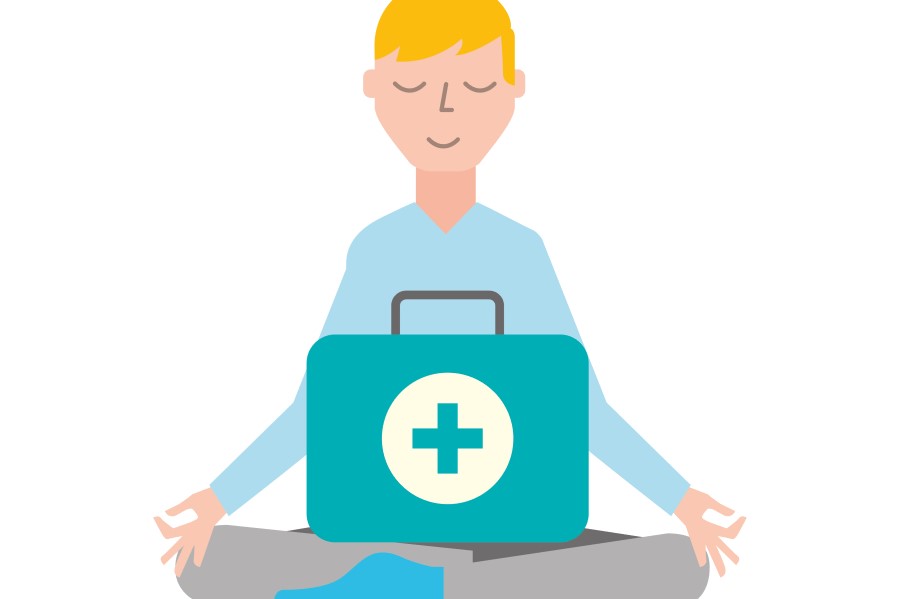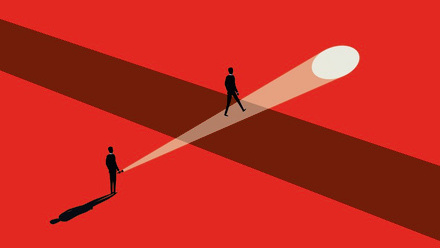Personal view: why I decided to become a mental health first aider

Why did you decide to become a MHFA?
I feel mental health is just as important as physical health. It affects us all, in our personal lives, our performance at work and can be damaging to our physical health. Labour Market figures from the Office for National Statistics show that 12.7% of sickness absence days can be attributed to mental health, while the government’s Thriving at Work report found that mental health-related sickness absence can cost businesses between £1,205 and £1,560 per employee, per year.
I feel mental health is still sadly a taboo/misunderstood topic and I wanted to be properly trained to help myself and others at work. A lot of people at the training were there because they had found themselves struggling in a mental health situation at work and hadn’t been properly equipped to deal with it. I feel this is the wrong approach. We should all be equipped with the training BEFORE something happens, especially in certain industries and roles.
Are there other MHFA trained staff in your company?
Yes, there are quite a few of us now. 12 people were trained at recent courses, in addition to the existing MHFAs, and there are hundreds of us within the City of London Corporation (COL).
What do you find most rewarding about the MHFA role?
When people benefit from the resources I provide and engage with them. MHFA England and COL provide a multitude of resources on health and wellbeing and they’re really enriching my time here.
A lot of staff didn’t know about some of the courses/sports activities etc available to them through COL and appreciate the information board I have created (see below for more details).
What have you found to be the most challenging?
The stigma that still surrounds mental health. A number of trained MHFAs don’t want to be recognised and there is still a lot of embarrassment about being associated with MHFA, which is a real shame in this day and age.
The mind and body are one, no one is ashamed to say they have a physical illness or that they are going to the gym and eating healthily to take care of themselves. So why the same stigma if you have a mental illness or you’re taking care of your mental health?
How has your MHFA influenced your approach to wellbeing at work? And, where would you see that developing in the future?
Following the MHFA course I wanted to share the resources I had access to with staff. I’m personally into health and wellbeing and was aware of a number of Barbican and COL resources that I’m not sure everyone knew about, so I wanted a place to put all of these resources together. I have created a Wellbeing Wall with information on health and safety, mental health, staff assistance programmes, COL health and wellbeing courses, physical activities and sustainability at the Barbican, and I update this regularly.
I have made changes to my own work/life balance in the past year or so, including incorporating new habits such as mindfulness and yoga, and finding more separation between my work life and personal life. I have reaped the benefits, feeling healthier and less stressed, so I want to share this with others.






